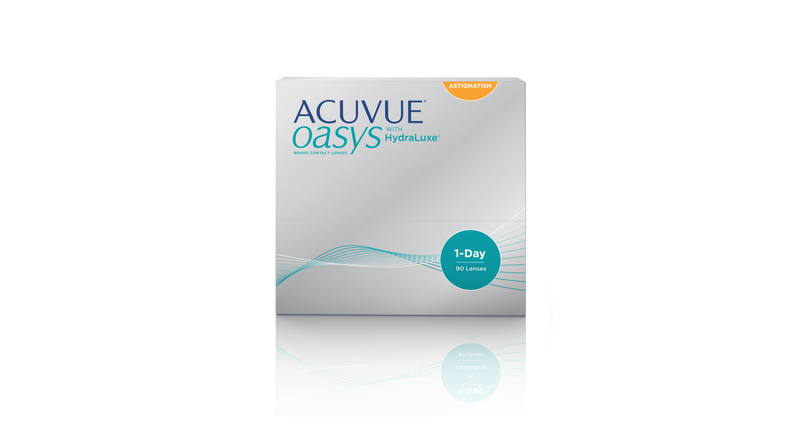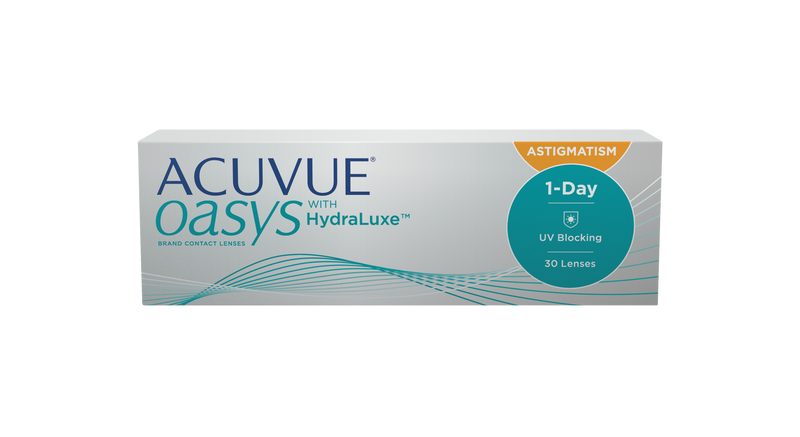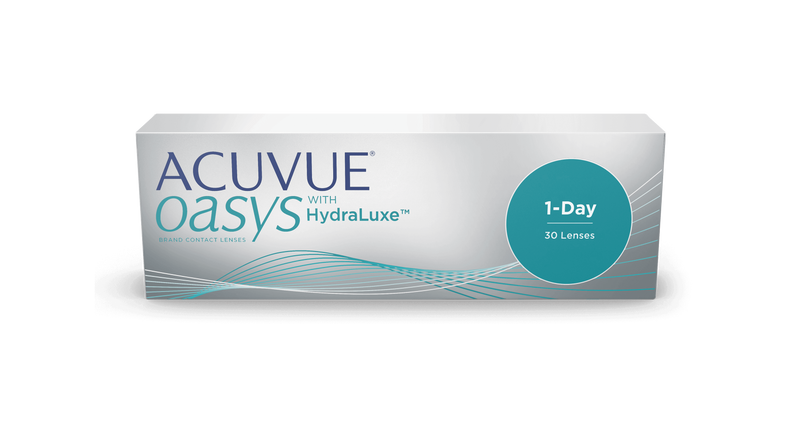
Glaucoma Symptoms
Share

No matter the stage of glaucoma, there can be a great deal done to stop the progression of the condition. Look Optometry in Surrey is here to help you and your family prevent the progress of glaucoma. Detecting early signs of the disease is the most important factor for lowering the risk of getting glaucoma, and so is following the treatment regimen prescribed by your ophthalmologist.
What are glaucoma symptoms, and how to prevent glaucoma from worsening are often asked–we hope this blog brings more clarity about this condition. As a starting point for discussion, we’ll break down everything you need to know about glaucoma symptoms, the types of glaucoma, then proceed with ways to help! This guide will give you a better understanding of glaucoma.
What is Glaucoma?

Did you know glaucoma ranks second among the leading causes of blindness?
Let’s first define what glaucoma is to further understand it. Glaucoma is a condition where fluid builds up inside the eye and damages the optic nerve. This can permanently damage a person's sight if left untreated.
A buildup of fluid usually occurs at the front of the eye. Eventually, the optic nerve is damaged from the pressure exerted by the extra fluid. We call this eye pressure or intraocular pressure (IOP). Note that some people who have normal eye pressure can still get it. When left untreated, this condition can then lead to permanent vision loss.
To help, eye drops and laser treatments, as well as surgeries, can slow down vision loss and preserve your vision. If you suspect you have glaucoma or have been diagnosed with it, don’t panic, there is some time. But it's best to contact your local optometry in Surrey. It's a problem that affects millions of people, and we'll make sure that you're well taken care of.
Your Surrey Central Optometrist can help you navigate what’s best for your eyes. Get in touch with us, and we’ll be sure to help not just you but your whole family, too. Let’s chat about your eye care and possible glaucoma symptoms.
Types of Glaucoma

Here are the main types of glaucoma that one can develop over time. Let’s look at them.
Open-angle glaucoma
Most people suffer from this primary type of glaucoma. It is a gradual decrease in the eye's ability to drain fluid. Think of it like a clogged sink. Due to this, eye pressure builds, causing damage to the optic nerve.
A slow clogging of the eye's drainage canals occurs when tiny deposits accumulate. Despite this, the canals will appear to be working normally.
The deposits build up over months and years, putting pressure on the optic nerve. Initial symptoms of this type of glaucoma are painless and do not contribute to any vision changes. So for years, most people are unaware that they suffer from this disease because they do not have any symptoms.
The optic nerves of some patients may be sensitive to normal eye pressure. Consequently, they have a higher risk of getting glaucoma. For early detection of optic nerve damage, regular eye exams are crucial! That’s why we always recommend booking your eye exam in Surrey with us. Better today than later down the road.
Closed-angle glaucoma
Closed-angle glaucoma is also called angle-closure or narrow-angle glaucoma.
This kind of glaucoma occurs when the angle between the iris and cornea is too narrow. It's basically when someone’s iris is close to the drainage angle in their eye, making it so that the iris can block the draining angle. Think of it like paper sliding over a drain. A complete blockage of the drainage angle causes the eye pressure to rise rapidly.
It is essential to seek immediate medical attention if you experience eye pain or headaches. Call your local optometrist right away!
The following symptoms to note are also:
- Sudden blurry vision
- Severe eye pain
- Feeling sick to your stomach (nausea)
- Throwing up
- You see rainbow-coloured rings or halos around lights
A person who is suffering from angle-closure glaucoma will often develop it slowly. This is known as chronic angle-closure glaucoma. It takes a very long time for them to notice the damage, so until it becomes severe or they experience a crisis, they may not recognize that they have it.
The early detection and treatment of angle-closure glaucoma are essential because it can cause blindness if it’s not treated right away.
Normal-tension glaucoma
The eye pressure of "normal-tension glaucoma" sufferers is normal, but they exhibit signs of glaucoma, including blind spots and nerve damage.
Even when eye pressure is normal or not very high, up to one in three people have damage to their optic nerves. It is unclear what causes normal-tension glaucoma, also called normal-pressure or low-tension glaucoma.
What are the Glaucoma Symptoms?

Symptoms of open-angle glaucoma usually appear gradually and subtly. As a result, they are difficult to detect. It is incredibly important to have routine eye exams to detect open-angle glaucoma in its early stages since so many people with this disease have no symptoms early on. A treatment plan for glaucoma is key to preventing blindness because the damage is irreversible.
Symptoms of close-angle glaucoma tend to come on unexpectedly and suddenly.
You may experience any of the following:
- Pressure or pain in the eye
- A headache
- Halos of rainbow colours around lights
- Visual impairments such as blurred vision, narrowed vision, or blind spots
- Feeling nauseous and vomiting
- Red eyes
Who is at risk for Glaucoma?

A person of any race or gender can develop glaucoma, but the risk increases as they get older. Note that glaucoma is more common in some people than in others. For example, diabetics, have double the risk of developing it. Other factors are:
- Over the age of 40
- Glaucoma runs in the family
- Have high eye pressure
- Thinning of the optic nerve
- Hyperopia (Farsightedness)
- Myopia (Nearsightedness)
- Surgery or injury to the eye in the past
- Other health problems affecting the entire body
- Have high blood pressure (hypertension), diabetes, migraines, poor blood circulation
Remember, glaucoma risk increases when more than one of these factors is present. Book an appointment with us at your local Surrey Optometrist so that you can get on top of your eye care health!















